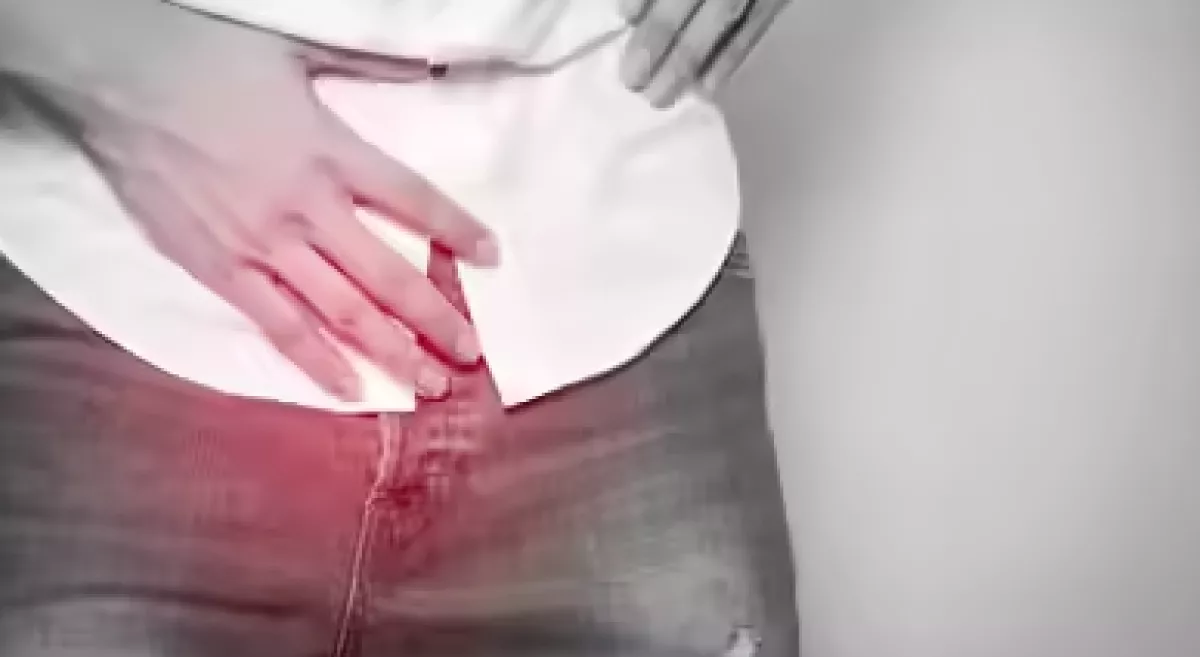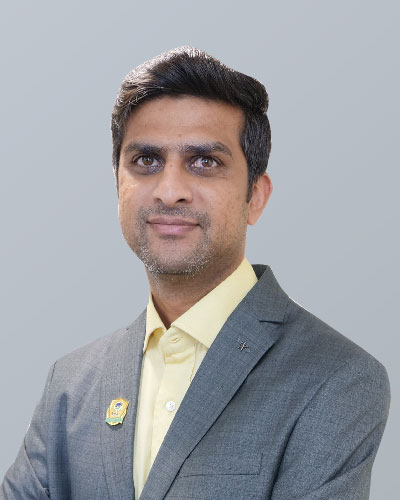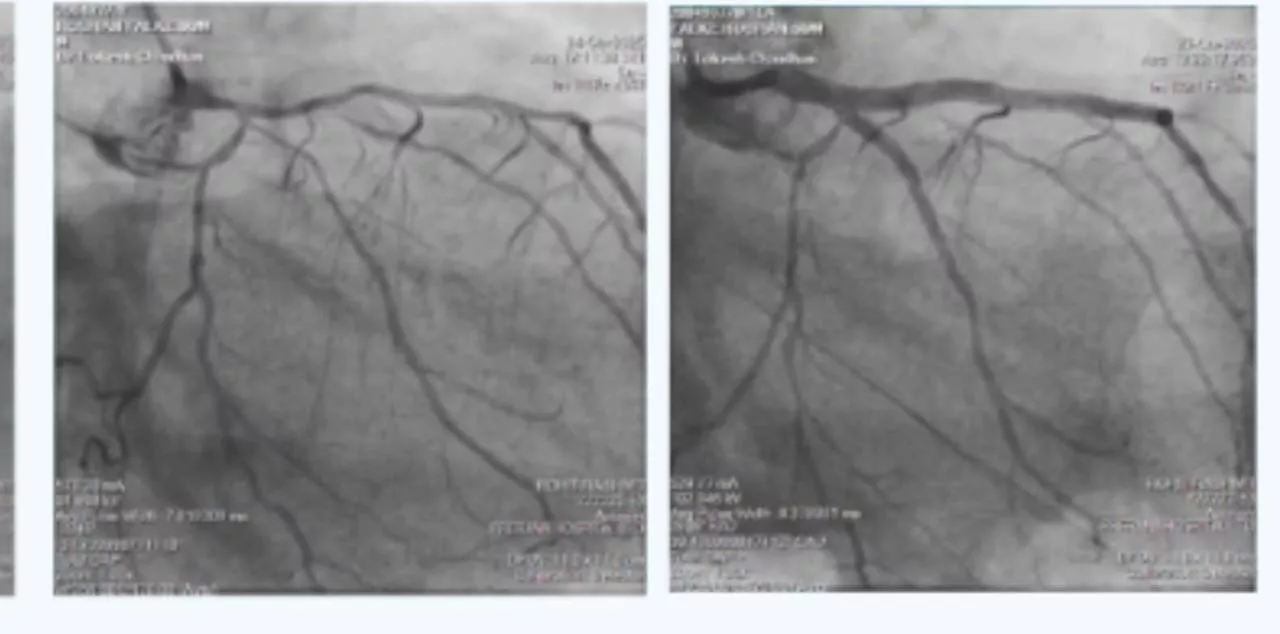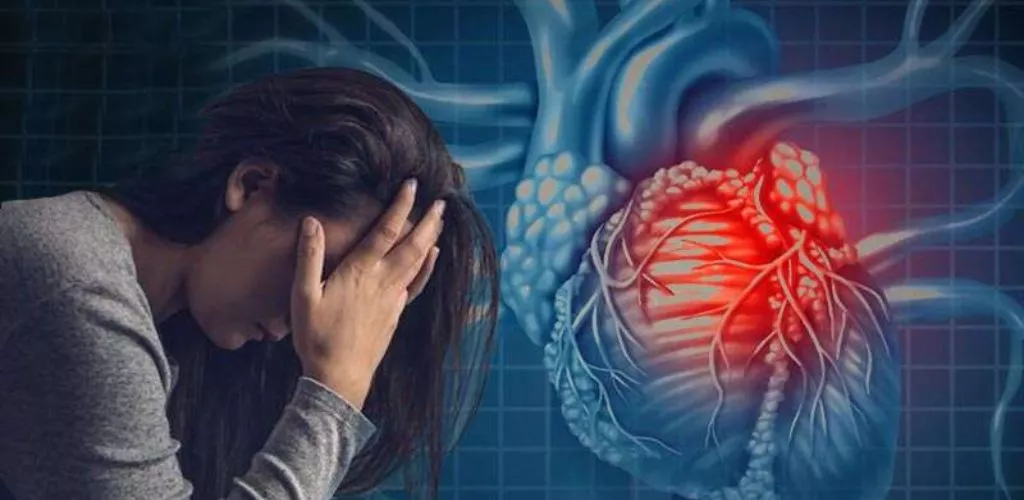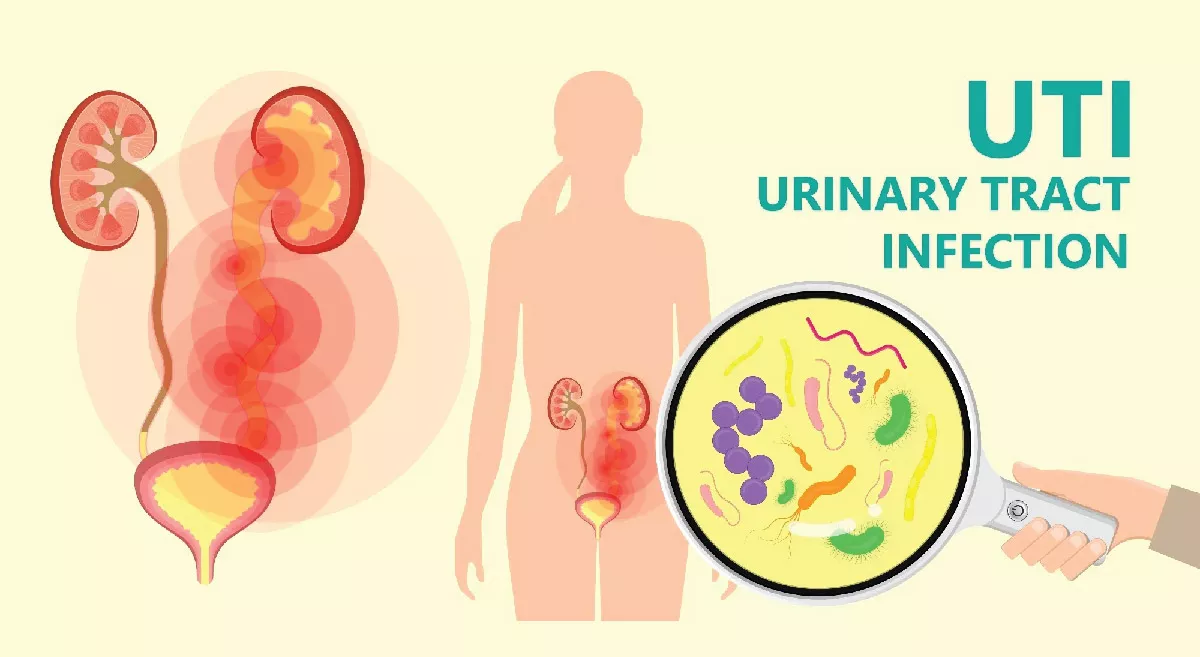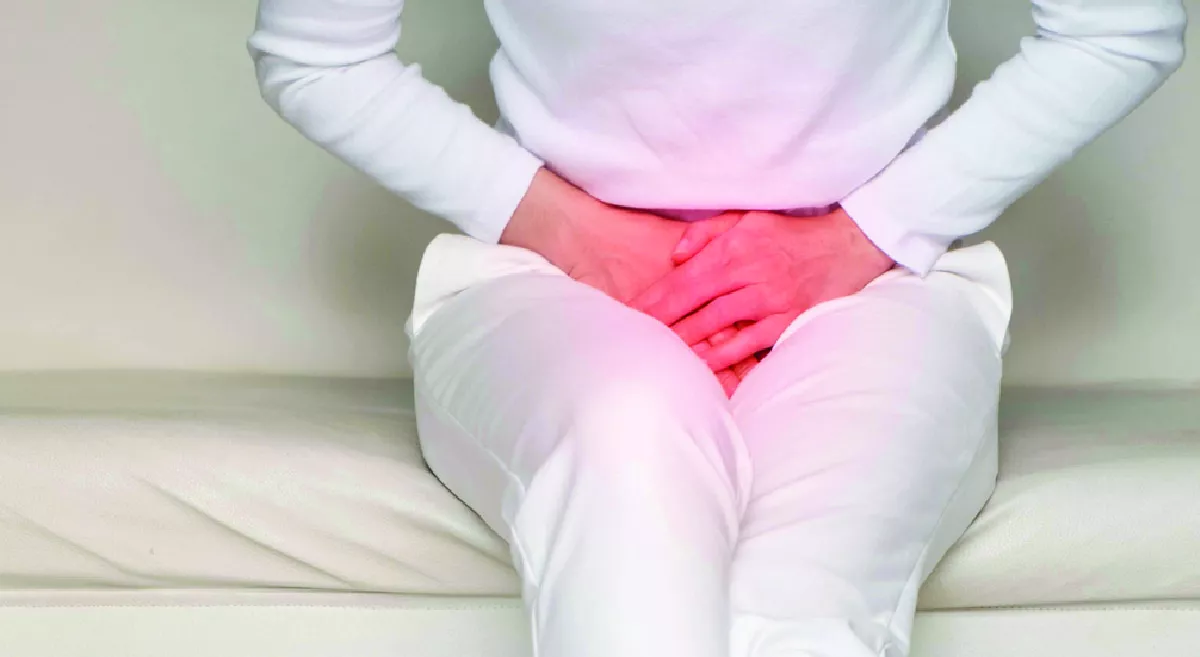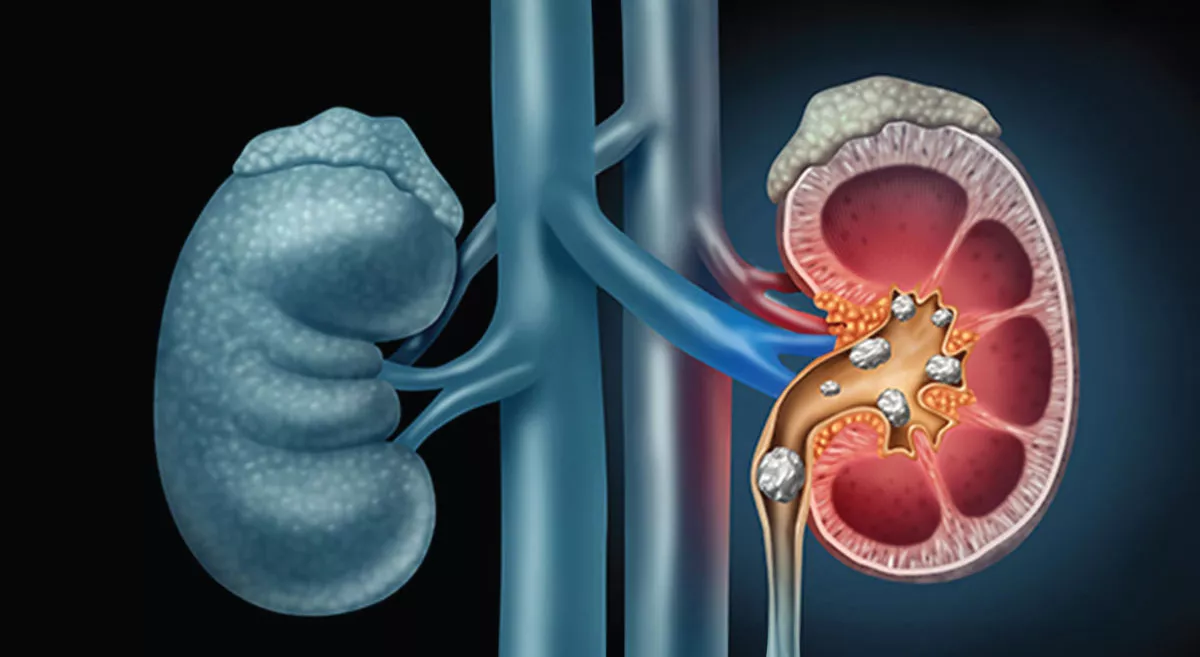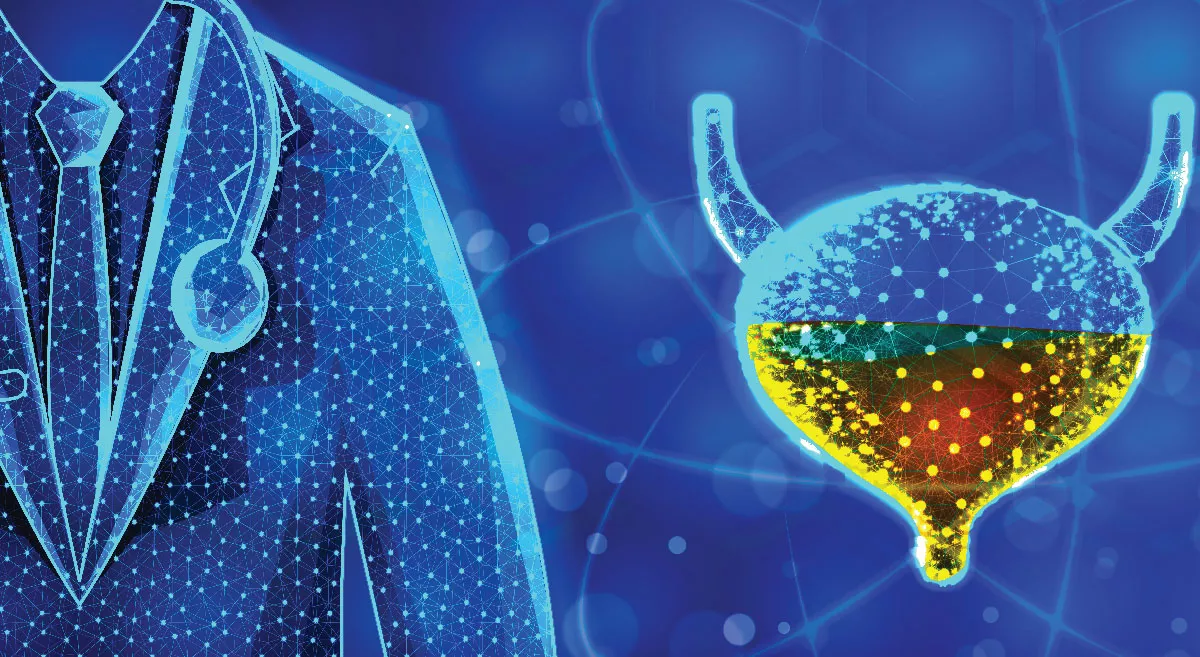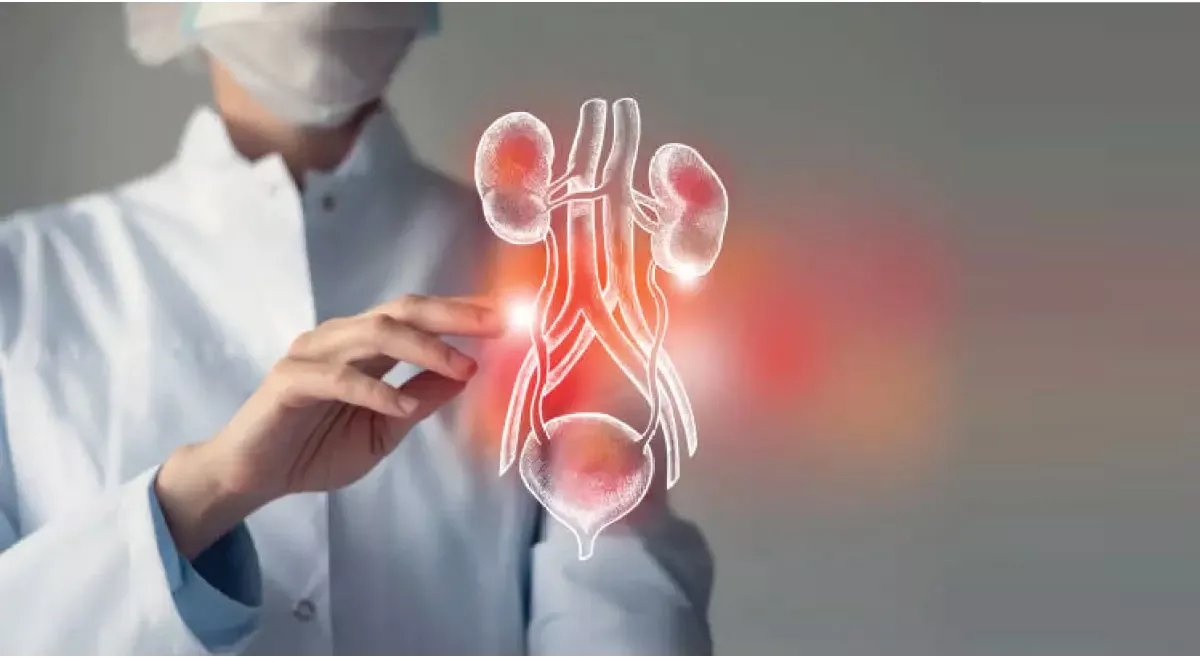In a country where conversations about health care are frequently cloaked in shame, a few topics are more veiled in mystery than others. One such unattended, important problem in men is prostate health, specifically in India. With an increase in the proportion of prostate diseases such as benign prostatic hyperplasia (BPH) and prostate cancer, most Indian men tend to hesitate to talk about their prostate problems. This silence comes with a high price - it results in late diagnoses, advanced illness, and poorer prognosis.
But what’s the deep-seated self-consciousness about all about?
One of the biggest contributors in this regard is the deep-rooted cultural stigma that surrounds men's health, especially when it concerns the reproductive and urinary systems. In a culture where stoicism and virility are masculine norms, disclosing vulnerability, especially where it might challenge sexual potency or control, can be seen as a weakness. And there’s almost a silent code among traditional men to appear unscathed (or at least hardened) by life, which can make it hard for men to express symptoms such as a weak stream, pain, or frequent urination – all of which could be signs of prostate problems.
Also, ignorance is a big factor. Most Indian men, including their families, are poorly educated in relation to all aspects of the prostate gland and what issues they can face. Unlike other common diseases, good prostate health is not a subject of conversation that is acceptable in public service announcements, nor in most families. This ignorance gap means symptoms tend to either be brushed off as ‘it’s just getting older’, or even ignored until they are life-limiting. Awareness about routine screening, including PSA testing and digital rectal examination (DRE), is also appallingly low, posing problems in the early detection of the disease.
Also, the loss of face and fear are potent inhibitors. Men who received the examinations, particularly the DRE, may, however, have found them embarrassing and invasive. This pain, as well as the prospect of a possible cancer diagnosis, is the likely reason why most men tend to refuse to seek medical help. It can be even more unsettling to talk about these things with a doctor, especially if the doctor is of the opposite sex and from another cultural background.
The health care system itself serves as an issue as well. Although there are good medical facilities in cities like Bangalore, there is limited access to advanced urological care in less urban areas. Even in urban areas, crowded clinics and quick in-and-out appointment times typically don’t permit the kind of sensitive, deep-dive conversations needed regarding prostate health concerns. Trust and open communication are often not optimally established between patient and physician, although this is fundamental in the doctor-patient relationship.
And third, the strong, family-oriented culture in India itself, which can be both supportive and silently abusive. Although families frequently participate in healthcare decisions, prostate health issues may be considered too personal for family conversation in general. Men may also be reluctant to burden their families over health concerns, preferring to bottle them up instead.
Breaking this silence demands a multi-pronged strategy.
There is an urgent need for public health programs to be established to educate the public about the prostate and its regular health issues. These campaigns need to be culturally sensitive – in language and image — to Indian men. Community and workplace-based educational programmes can also be crucial. Health care professionals must be trained in how to hold these types of conversations in a manner that is empathetic and understanding, so that men can feel more comfortable speaking out about their experiences. Equally important is encouraging regular checks and breaking down myths about prostate checks.
The prostate is a small gland, yet it plays an important role in a man’s health and quality of life. It’s high time we break the stigma together, push for open dialogue, and encourage the Indian man to begin taking charge of his prostate health. Only then will we make strides towards a future where early detection and prompt intervention are standard practice rather than rare occurrences.
